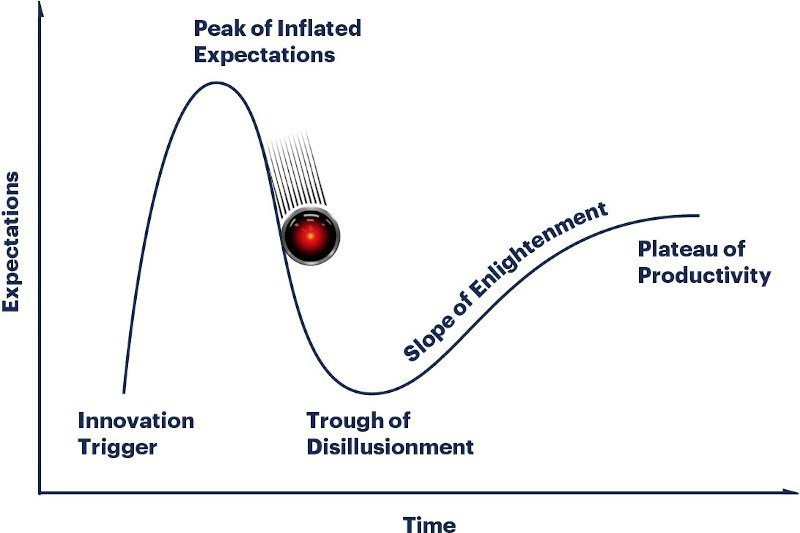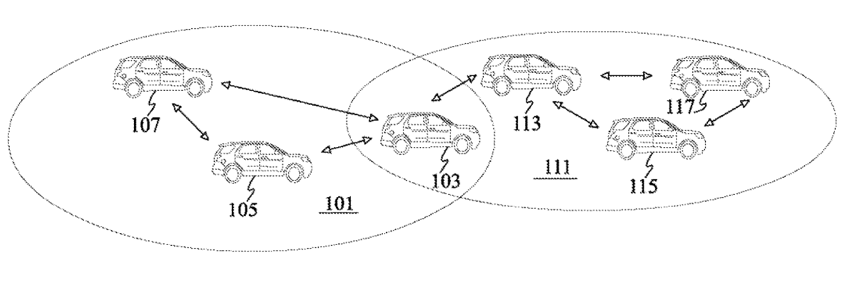
In the 1970s, the Soviet Union started to clone DEC's PDP workhorse minicomputers, especially the PDP-8, which was replicated in the USSR as the Saratov-2. Today, the Saratov-2 is a distant memory, with not even a single high-quality photo of the system online.
1/
1/

Until now. Russian urban explorer @ralphmirebs's photos of a "Soviet Computing Cemetery" (location undisclosed) that features the rotting remains of a Saratov-2 amid the ashes and fire-suppresant residue of a long-ago data-center blaze.
rusue.com/cemetery-of-so…
2/
rusue.com/cemetery-of-so…
2/
The Saratov-2 was wild: it didn't have a microprocessor; rather, it was broken down into components, each in its own drawer: a 12-bit computing unit, I/O, RAM (ferromagnetic cubes).
3/
3/
Also present in the cemetery: an Electronics 100/25 - the Soviet version of the PDP-11 - and some DVK-2Ms (early personal computers).
4/
4/
The author recalls their own computer science education in 1993, when "one teaching DVK could distribute programs for a couple of dozen Spectrums through the network."
5/
5/
One of my last trips before the crisis hit was my visit to the Computer History Museum's boneyard - a massive warehouse filled with priceless paleocomputing remnants. Though the location is a secret, they let me take and post my photos:
flickr.com/search/?sort=d…
6/
flickr.com/search/?sort=d…
6/
It was the end of an incredibly educational day I spent with Museum personnel, doing research for my case studies on the role that adversarial interoperability played in competition in the tech industry:
eff.org/deeplinks/2019…
7/
eff.org/deeplinks/2019…
7/
That day reminded me powerfully of my visit to St Petersburg's Popov Museum in 2006, back when my (now dead) great-uncle Boris Rachman was curator:
flickr.com/search/?user_i…
8/
flickr.com/search/?user_i…
8/
Soviet computing history is heroic in a way that's hard to put into words: the constraints of the era - political, economic, material - required so much ingenuity. Mirebs' photos for Russian Urban Exploration were the best thing I've seen all weekend.
9/
9/
• • •
Missing some Tweet in this thread? You can try to
force a refresh










